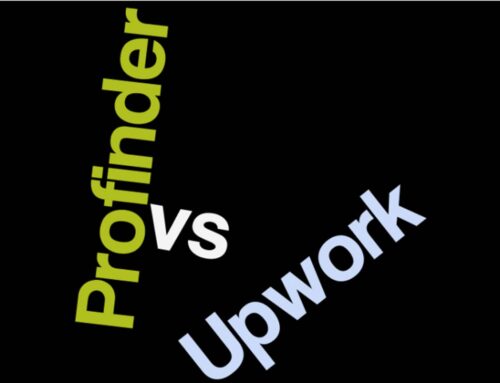One of the challenges of consulting is navigating the path to getting paid by clients. Once you win the business, there’s the matter of actually getting a check cut. And that process varies widely with different businesses.
Here are 6 contractual ‘hurdles’ I’ve been asked to clear in the course of my consulting career:
(Disclaimer: These requests typically come from the legal department rather than the people I work with. My clients are wonderful people. Also, the larger the company, the more hurdles you may have to clear.)
- Make the company a beneficiary on my personal umbrella liability policy
- Upgrade the auto insurance coverage on all of my family cars (keep in mind that I work at home – as a writer – and at the time had teen drivers)
- Give my tax returns to a third-party ‘vetting’ company
- Purchase an insurance policy that costs more than the value of the contract
- Buy an insurance policy that covers employee theft (Really? I’m a sole proprietor!)
- My personal favorite: Hire a private investigator to run a background check on myself. (I actually didn’t mind this one because it didn’t cost that much and made a great story!)
Some of these requests are designed for larger subcontracting organizations and don’t make sense when applied to individuals. For others, I think that companies just let the lawyers go wild on the contracts.
More common are requests that require me to change my business model, for example:
- Insisting on an hourly rate rather than on a project basis
- Insisting that I work on premise
- Insisting I become a W2 employee of a third-party organization
As a freelance content marketing consultant and writer, I develop ongoing relationships with my clients. My work is about personal relationships, not contractual relationships. But what do you do when these legal or business hurdles get in the way?
For companies hiring consultants or freelancers
Working with freelancers gives you business agility. You can dynamically ‘scale up’ your resources as you need them with trusted outside help. But you may need to be flexible to make it work. Consider deleting unnecessary terms from consulting agreements – ask the legal team for waivers where appropriate.
For consultants
Only agree to things that make sense for your business and that support a good relationship with the client. Neither party should feel resentful before you even start. You might be willing to do crazy things (like hire the private investigator) for a big contract or long term business relationship. And you have to recognize that your business model may not fit the client – sometimes it’s better to walk away than to compromise the way you want to work.
Share your stories in comments
I’m sure that this is only the tip of the iceberg. I’m sure that others have had crazier experiences. Feel free to share them in the comments.
[This post was originally published as “Freelance Horror Stories: The Consulting Contract” on http://annejanzer.com/2012/04/16/freelance-horror-stories-the-consulting-contract/]








Anne this was informative and humors. Thanks!